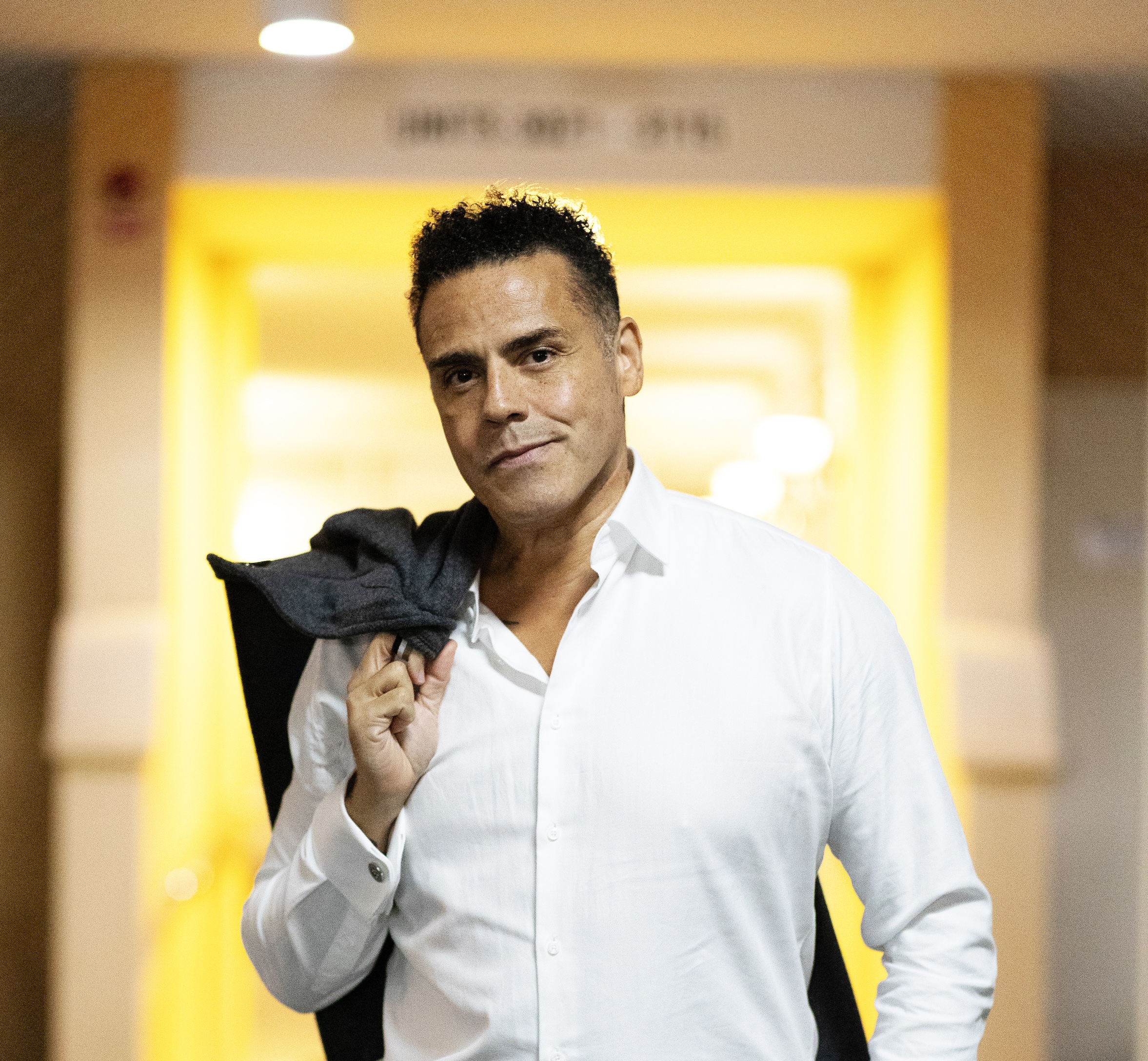The first article of the United Nations Universal Declaration of Human Rights states the following: "All human beings are born free and equal in dignity and rights."
Freedom is a powerful concept, especially when attributed to being a fundamental human right. Nonetheless, the structure of modern business models removes freedom by design.
Respecting the human right to freedom would not develop incompatibility, with the intent of tie-ing people into a walled ecosystem. It would not force people into tolerating unwanted content, nor abuse trust by exploiting personal information.
Many tech platforms have been designed to extract as much value from users as possible, often at the expense of their privacy and freedom.
Instead, respecting the human right to freedom would involve a reversal of how offerings are conceived, let alone delivered.
It would involve adopting a philosophical position that begins with the first human right, and upholds that throughout every step of creation. This piece details that position, to embed the constant direction for all things that follow.
The author Jack Parsons wrote in 1946:
"Freedom is a two-edged sword of which one edge is liberty and the other, responsibility. Both edges are exceedingly sharp and the weapon is not suited to casual, cowardly or treacherous hands."
This suggests that a balance is required for all who wield freedom. Liberty (the state of being free) must be packaged alongside responsibility, without which, freedom can be harmful.
There are many types of human freedoms; freedom of thought, speech, action, information, privacy, movement, and more. Depending on each individual's circumstance, one may be more important than another. This is in the context of experiencing freedom.
Then there's the enablement of freedom. When an organisation has the option to enable freedom for others, it's often down to how much control the organisation desires.
Where is the line drawn between what is controlled by people, versus what is controlled for people?
It is my belief that we can build structures that enable people to be free, yet, just as the two-edged sword of freedom illustrates, we must balance that provision of liberty with responsibility.
Our Six Commitments at SELF:
1. To make decisions that are in accordance with human rights.
2. To not cause or enable harm whilst upholding those rights.
3. To enable people to have control and ownership of their own data, and decide how it is used.
4. To be fully transparent in our practices so that people understand how we operate.
5. To uphold regulation and legislation in whatever territories we operate.
6. To not sacrifice any of our responsibilities in pursuing commercial gain.
With these commitments in mind, I believe we can bring something to the world that enables people to live more fulfilling lives.
When I first experienced the Internet, I imagined endless possibilities. This was amplified by the launch of the Worldwide Web, years later. I naively thought the web would be our companion, our concierge, but despite the services attempting to help, the limited choice of content left me cold. I could input data, but the output wasn't contextually specific to me. Whether it was my fascination with Star Trek or vivid dreams, my view of what the Web should be, was significantly out of sync with how it was. And still is.
Whilst the original decentralisation of the internet was more like how I imagined an equal network, the Web was soon populated and controlled by services that paraded "user value" but to me, it seemed that a bunch of increasingly large organisations were taking control of the information flow...manipulating our experience to what they wanted to gain, rather than what would ultimately benefit the people. This trend only increased over time. A summary of my backstory can be found in this post.
I believe that the most disruptive thing that could happen in today's technology landscape, is a reversal of monopolistic and abusive structures that use humans as batteries and personal information as currency. Perhaps the most significant challenge will be to demonstrate that there is an alternative to the standard way of operating. After all, we have become somewhat immune to the way things are, and we have tolerated it for so long, that an escape hatch may be missed or misinterpreted. Often, to show there's a better solution, one has to show there's a problem in the first place.
I believe it is our duty, our responsibility, to provide the human right to freedom back, across the full spectrum of experiential and enabled freedom. Freedom for your SELF.
